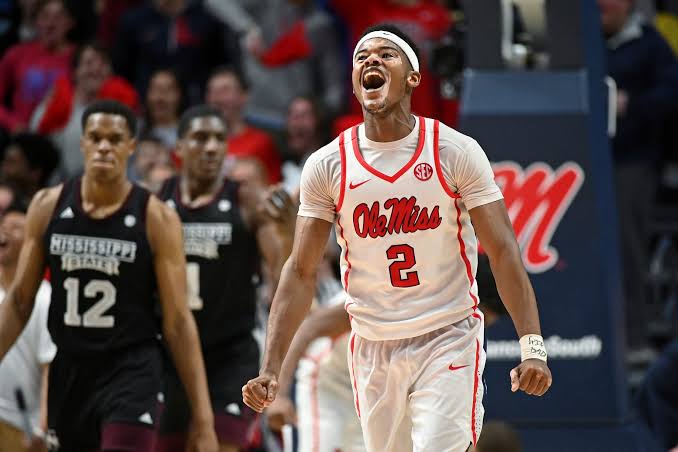The issue of teams allegedly faking injuries to disrupt the flow of opposing offenses has long been a contentious topic in college football, and it has resurfaced in the SEC, with Ole Miss facing accusations. South Carolina head coach Shane Beamer recently weighed in on the matter, criticizing the practice and emphasizing that if Ole Miss is indeed engaging in such tactics, it reflects poorly on the sport. Beamer’s comments come amid increased scrutiny and debate over the integrity of college football strategies and their impact on the game’s reputation.
The controversy centers around the practice of players potentially feigning injuries during games to slow down the tempo of fast-paced offenses, a tactic that can disrupt momentum and provide defensive units with a chance to regroup. While it’s not a new tactic in football, accusations tend to draw heightened attention when they occur during high-profile matchups in competitive conferences like the SEC. In this case, Ole Miss, known for its up-tempo offensive style under head coach Lane Kiffin, has come under fire for allegedly using the same tactic against fast-paced teams.
Beamer, known for his candid approach in press conferences, did not hold back when addressing the matter. He highlighted that if the accusations are true, it presents a “bad look for college football” and undermines the spirit of competition that defines the sport. He emphasized the importance of fair play, suggesting that deliberate attempts to manipulate the tempo through questionable injury stoppages do not align with the values of integrity that college football seeks to uphold.
In his critique, Beamer also pointed out the difficulty in regulating such behavior. He acknowledged that while some injuries are legitimate, the challenge lies in discerning between genuine and potentially staged incidents, particularly in a high-speed, physically demanding sport like football. The timing of these injuries, often occurring when opposing offenses gain momentum, tends to raise suspicions, which adds to the complexity of addressing the issue. Beamer’s comments reflect a broader concern shared by many coaches and fans who see the need for clearer guidelines or potential penalties for teams found guilty of exploiting this tactic.
The issue has broader implications for the perception of college football, especially within the SEC, where passionate fan bases and intense rivalries often lead to scrutiny over every strategic decision. If teams are perceived as bending the rules to gain a competitive advantage, it can erode trust in the fairness of the game. For a conference like the SEC, where games are often decided by slim margins and each play can carry significant weight, the integrity of on-field actions is paramount.
Beamer’s remarks also underscore the pressure coaches face in balancing competitiveness with ethical considerations. As the leader of a program, he is tasked with advocating for the best interests of his players and ensuring they compete under fair conditions. His stance suggests that while gamesmanship is part of football, it should not extend to tactics that could compromise the safety and fairness of the game.
Ole Miss head coach Lane Kiffin, known for his strategic acumen and innovation in offensive play-calling, has not directly addressed Beamer’s comments. However, the scrutiny over these accusations puts additional pressure on the Rebels, as they seek to prove that their strategies align with the standards of competitive fairness expected in the SEC.
In conclusion, the debate over Ole Miss’s alleged injury tactics touches on a deeper concern about the direction of college football. As Shane Beamer pointed out, the sport thrives on the principles of competition and sportsmanship, and any deviation from these values risks damaging its reputation. While there may not be an easy solution to the problem of discerning legitimate injuries from strategic ploys, the conversation initiated by Beamer highlights the need for continued dialogue among coaches, players, and officials to preserve the integrity of the game. As the season progresses, the eyes of the college football world will remain fixed on how this issue unfolds, particularly within the SEC, where every decision can alter the course of a season.
 REPORT
REPORT : If Ole Miss is faking injuries, it’s a ‘bad look for college football,’ Shane Beamer says…READ DETAILS
: If Ole Miss is faking injuries, it’s a ‘bad look for college football,’ Shane Beamer says…READ DETAILS
